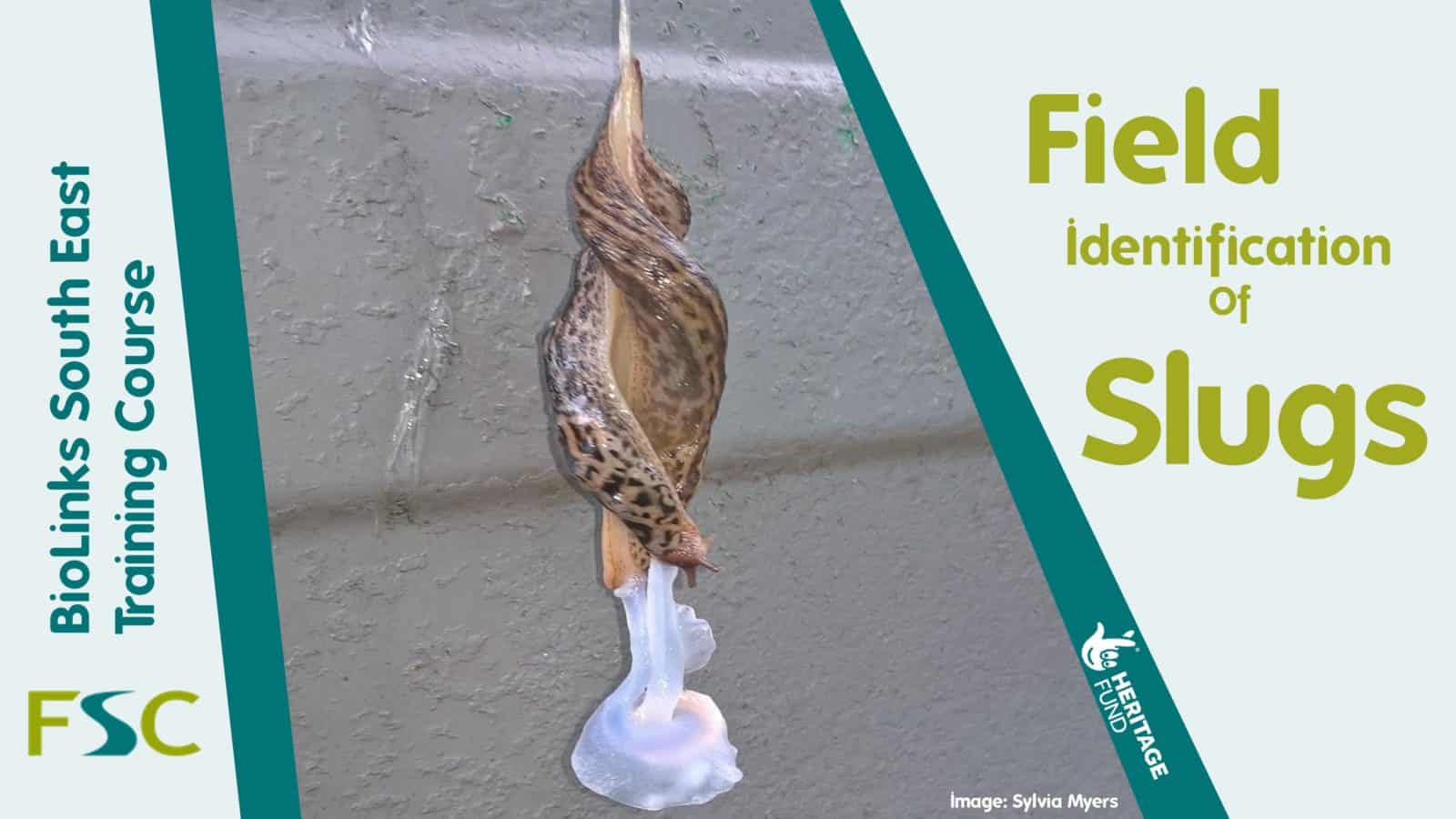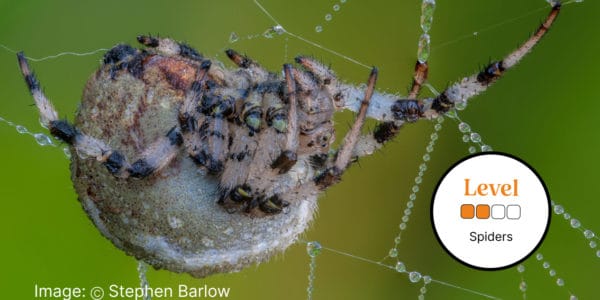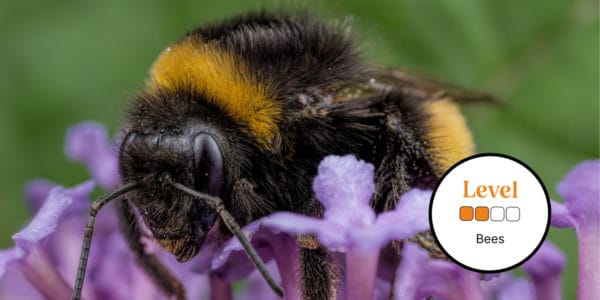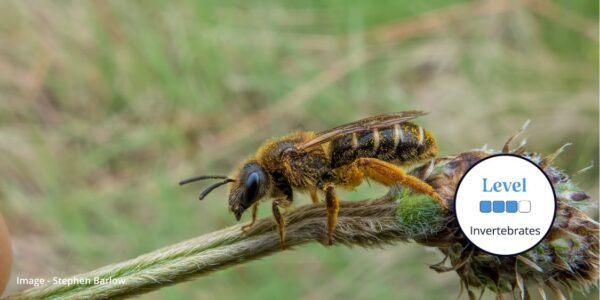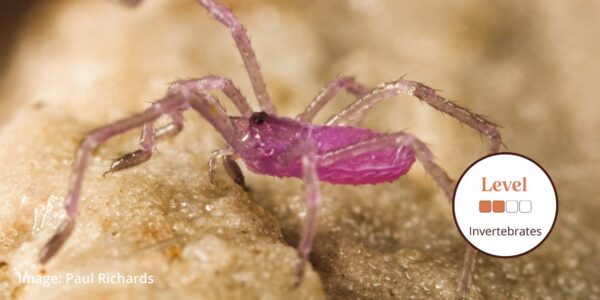Despite often being typecast as garden pests, many of the UK’s slug species (of which there are believed to be around 40) are often overlooked and many people have very little understanding of how to differentiate between the variety of species. Join our tutor in the field to search for, find and discuss the identification features of a variety of UK slug species that can be identified in the field.
Many slugs are actually important recyclers of nutrients and aid in the breaking down of compost waste, with some having specialised diets that may actually benefit our gardens and crops in addition to being important food sources for many of the UK’s other animal species.
This course marries together the use of classroom-led learning and outside learning opportunities led by an specialist tutor to give learners the skills to be able to identify distinctive species of slug in the field.
- Certificate upon course completion.
- Please email [email protected] if you have any questions.
- This course is limited to the identification of distinctive species that can be identified in the field.
This course is aimed at adults only and course attendees must be at least 18 years old in order to attend.
What will be covered during this course?
- An introduction to slug classification and separating slugs from other groups of mollusc
- Identification of distinctive species of slug using a hand lens and field characters.
- Support from a specialist slug tutor when practicing field identification techniques.
- Guidance on how to submit slug records.
See the ‘Example Timetable’, ‘What’s Included’ and ‘Before YouAttend’ sections below for more information about this course.
Course Fees
Regular Price: £75 For professionals and residents outside of the UK. Select ‘Attendee: In Person’ Sold Out
Subsidised Price: £10 Subsidised by the FSC BioLinks project for non-professionals eg. volunteers, biological recorders, wildlife gardeners, amateur naturalists and students.Available to UK residents only. Select ‘Attendee Subsidised: In Person’
Tutor: Imogen Cavadino
Imogen Cavadino first became interested in slugs and snails during a taxonomy and identification module during her masters at university. A chance question and encounter with a national expert led to her completing a one-year TCV Natural Talent traineeship on “Non-marine molluscs” at Amgueddfa Cymru – National Museum Wales in Cardiff. This included sampling terrestrial and aquatic molluscs across South East Wales, identifying material to species level and adding them to the museum’s permanent collections.
Imogen is now working on a PhD on understanding slugs and snail species diversity and ecology in gardens with the Royal Horticultural Society, Newcastle University and Centre for Ecology and Hydrology. As part of her PhD, she is leading the RHS Cellar Slug Survey, collecting data on three large patterned species of slug found in British gardens to understand recent changes in distributions. She is also an ordinary committee member for the Conchological Society of Britain and Ireland, and acts as a verifier for terrestrial mollusc records on iRecord. She is a keen advocate for this often unloved and overlooked fascinating group of terrestrial invertebrates.
Covid Measures
In order to keep our customers and staff safe, we ask that anyone attending our centres:
- Wears a face covering when in shared indoor space (unless exempt).
- Maintains social distancing.
- Cleans their hands regularly.
- Takes a Covid-19 test before they arrive.
Book with Confidence
We understand the difficulties of making plans in the current situation when guidelines continue to change, and insurance conditions are being tightened. In response, we will continue to offer additional flexibility. Find out more here
Example Timetable
- Please arrive in time for the course to start promptly at 10:00 am.
- Refreshments will be available from 9.45 am.
- The course will end at 4:00 pm.
What's Included
- 6 hours of tuition
- Certificate of attendance
- Any excursions will be on foot
Bursaries and Subsidies
FSC BioLinks
FSC BioLinks is an exciting project for FSC in the South East and West Midlands, bringing together existing volunteers with skills in biological recording and identification, and new volunteers.
This project provides subsidised training courses, learning opportunities and digital tools focussed on invertebrate identification for anyone involved or interested in biological recording, to build and strengthen the community.
Invertebrates provide us with many useful ecosystem services, like pollination and decomposition, which we cannot survive without but their numbers are declining. Few people know how to identify or record invertebrates meaning there is a lack of data
We are delighted to have been awarded a grant of £1.23 million from the National Lottery Heritage Fund for this project.
Before You Attend
Getting to FSC London: Bushy Park
Information on getting to the site can be found here.
When you arrive at The Stockyard gate you may need to call the centre to open the gate. You can reach the staff on site on 020 8941 4398.
What to bring
- Notebook and pencil
- Lunch
- Hand lens (if you have one)
Due to the outside nature of part of this course, participants are advised to bring suitable clothing and footwear in order to access the Bushy park site in various weather conditions.
This BioLinks course has aspects that will be taught outdoors with walking to field sites over uneven ground. No special preparation is required providing you are used to gentle exercise. If you have any concerns or questions about access or the activities involved, please get in touch.
Please be aware that this is a Deer Park, and there can be ticks. Please consider wearing long sleeved tops and trousers, even if the weather is nice, and bring insect repellent.
There will be a member of staff with first aid training and access to a first aid kit on site. If you have special medical requirements please let us know as soon as possible so we can plan the course.
Sorry this course has ended

